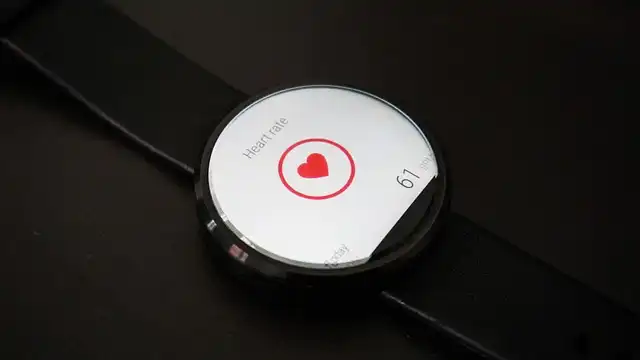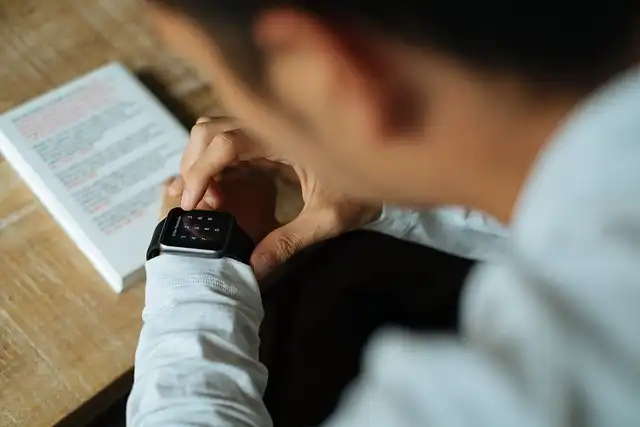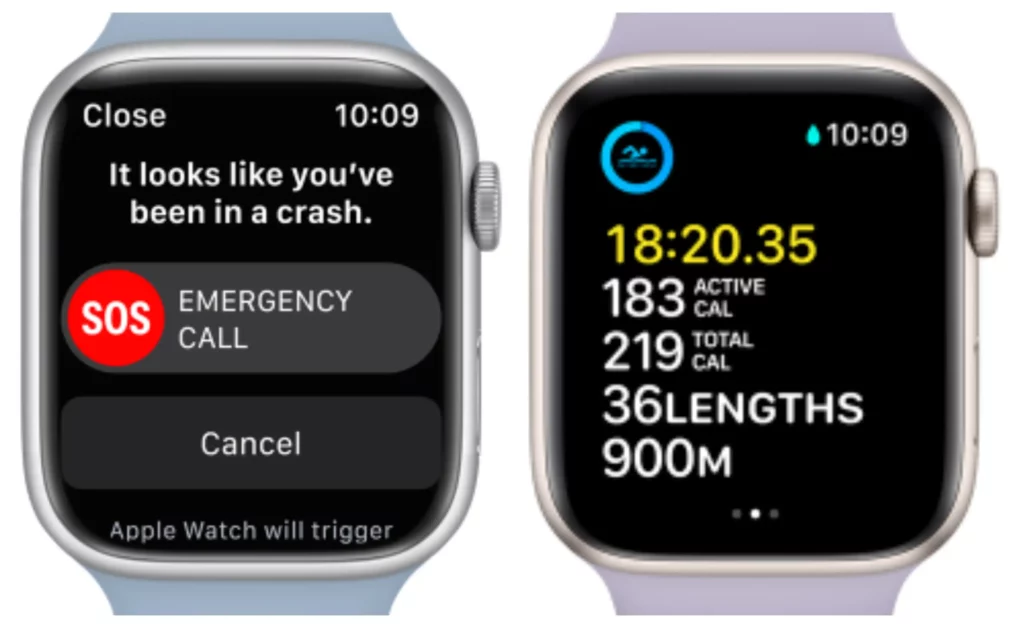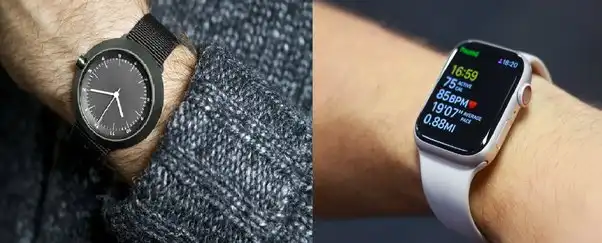Are you going to purchase a Smartwatch? Don’t!
What do you understand by the term “Smartwatch?” Simply, a wrist-wearable device that lets you make & pick calls, check SMSs & alerts, play/pause music, and track your fitness goals.
Right?
But surprisingly, your smartphone is already smart enough to serve the purpose. Then what’s the point of getting a smartwatch?
They come with several health-centric features, like steps & calorie counters, sleep monitors, blood pressure checkers, varied sports modes, and more. But are these fitness monitors as accurate and reliable as you think, or as watch manufacturers market them?
Besides these, there are many more reasons for why you shouldn’t get a smartwatch.
Take a look, and we’re sure you’ll save some good money.
Tracking (In)Accuracy
Smartwatches have several built-in sensors and trackers that let you monitor your well-being right from your wrist. For instance, they include sensors to track heart rate, steps, calories, sleep, stress, oxygen level, etc. Surprisingly, we all rely on the results provided by the built-in sensors and trackers without knowing whether the results are correct.
Smartwatches aren’t as accurate as their manufacturers market them, especially the budget ones. This is because they use less advanced sensors for cost-cutting. Otherwise, they won’t be able to fall into the budget smartwatch category, as expected.
But some reports (discussed below) say that watches from premium and popular brands like Apple and Samsung are reliable when monitoring health and fitness. They use advanced technology for this, making them costlier than a budget.
Let’s now take a look at what published reports and research say about the accuracy of smartwatches:
Pedometers
Journal of the American Medical Association (JAMA) conducted research to test the accuracy of pedometers in smartwatches and smartphone apps specifically developed to track steps.
During the process, they conducted multiple 500 and 1500-step trials to check the same. After several trials on young and healthy volunteers, they concluded that wearables, like smartwatches, usually track proper steps.

Heart Rate Monitoring (HRM)
According to the Journal of Personalized Medicine (JPM), most wrist-worn devices measure the accurate heart rate in lab-based activities. They estimated this on seven available and popular wrist-worn devices: Apple Watch, Fitbit Surge, Basis Peak, Mio Alpha 2, Microsoft Band, PulseOn, and Samsung Gear S2.
They mentioned that the Apple Watch has the lowest error rate of all wrist-worn devices. At the same time, the Samsung Gear S2 reported the highest. But overall, the finding says we can rely on smartwatches for HR.

A research-based article from Harvard University says that the accuracy of heart rate monitors in these wrist-worn devices depends on the person’s activity. It’ll be higher than usual if someone tries to measure the HR while walking or cycling.
Calories meters
A European Journal of Sports Science report says smartwatches don’t measure energy expenditure accurately. They used three different wrist-worn devices during five different activities: sitting, running, walking, strength training, and cycling, to come to this conclusion. Also, those three used devices were: Apple Watch 6, Polar Vantage V, and Fitbit Sense.
Small Screen Size
Smartwatches come with a way too small display compared to phones. Due to this, a smartwatch can never replace your phone. They only cause inconvenience instead of making things smoother.
For instance, the text must be more prominent, making it difficult to read. In short, you constantly look at its screen so closely all the time and hurt your eyes.
Another Addiction
Your smartphone can do almost everything that your smartwatch can. Then, why go for a smartwatch? This takes us to another reason not to buy a smartwatch which says that smartwatches are just another technology to keep you addicted all the time.

Smartphones are already one of the biggest distractions for most people, and maybe for you too. So, bringing a smartwatch can make things even worse.
Pathetic Design
Another reason for not buying an expensive smartwatch is the lame design and almost no distinction between models. Whenever we go to buy a traditional watch, we get to see so many designs. Even at times, we also get overwhelmed because of the vast collection of design options.
But that’s different with smartwatches, as most carry a ditto similar design. Due to this, they don’t go very well with clothing, unlike traditional analogue watches.
For instance, can you differentiate between Apple Watch SE and Apple Watch 8:

Neither can we!🙃
Fitness Threat
Smartwatches keep you updated about your notifications, phone calls, messages, etc., which we receive on our smartphones. But notifications aren’t always helpful. Receiving alerts constantly can affect your productivity and mental health.
Not only this, but smartwatches can also increase stress levels as people become more concerned about their health and fitness after getting one. Even a few fitness freaks walk the extra mile for no reason but just to complete their daily goals.
After purchasing a smartwatch, you also become more accessible. You start responding to everyone’s SMSs and calls quicker than usual. As a result, you spend the most time with a tech accessory, which we all know isn’t the best way to remain fit.
Data Access
Most people think that whatever information the watch collects remains exclusively with them, and the seller can’t access and use it. But unfortunately, it isn’t correct, as sellers can track all your data, from personal to body composition-related information.
Heather Macre, Director of Fennemore, in an email to Lifewire, said that smartwatches don’t come under HIPAA law. It means that the seller can access and use your personal information. She added that if someone agrees to the terms and conditions while setting up the smartwatch, they allow the seller to collect and use their data for any purpose. 😱
No REAL Watches

As soon as smartwatches came into the limelight, they replaced traditional analogue watches for generation z. If you buy a smartwatch, you won’t be able to wear classic analogue watches anymore.
Many Reasons To Not Buy a Smartwatch
After discussing them, we can clearly understand that smartwatches aren’t a necessity. They’re just another trendy tech accessory roaming out there. These reasons also show that smartwatches can’t replace phones at any cost.
Personally, I prefer getting a fitness band instead of a smartwatch, as it will help monitor fitness parameters, just like a smartwatch, but at a fraction of cost. And the smartphone will let you take care of the rest. So that’s it for this guide, and we will see you in the next one.
